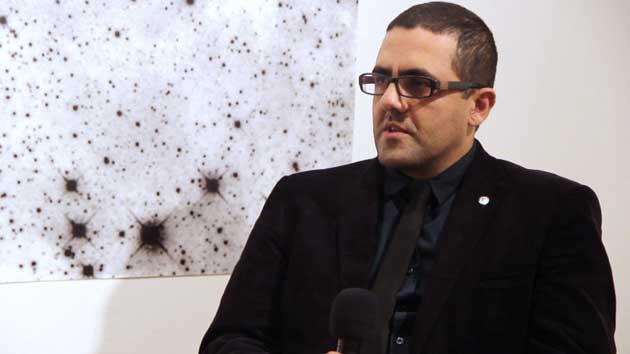Stano Daniel: We need to rescue dogs from Slovakia's settlements but not humans?

A stereotypical image of a Romani settlement is that many dogs live there. There are known cases of doctors, postal workers or social workers being afraid to visit the settlements because of the dogs.
The dogs living in these settlements are usually in poor health and prompt people’s compassion. That is as it should be.
However, what is remarkable is that it is just the dogs whose plight is regretted, while the people in these same places are attacked with slurs. An association for animal rights recently took to the Slovak Roma settlements to help the “impoverished creatures” in them.
That association then briefed the public through the Facebook profile of the “Czechoslovak Spay-and-Neuter Program“. They have published absolutely horrible pictures of dogs there, the breeding of which apparently falls somewhere between intentional torture and severe neglect, accompanied only by a request for financial assistance.
Blitzkrieg on our emotions
The horrible images were first republished in the media by the online edition of the Czech tabloid Blesk, with the online edition of the Slovak tabloid Pluska using them next. The texts these outlets published to accompany them basically do not provide any information about the situation.
What is important about these pieces is their scary headlines and equally terrifying description of the dogs’ conditions. Mainly, they all involve a SHOCKING PHOTO!
Nothing else can be expected from a tabloid that does not hesitate to exploit the death of a child for its headline news. The “tags” for the online article in Blesk say it all: “dogs”, “cruelty”, “Slovakia”, “roma”, “roma settlements”, “dirt”, “waste” – and the use of a lower-case “r” in the spelling of the name of this ethnic group is probably what matters least about this list.
It’s a colorful world
Articles in a tabloid are one matter – any tabloid simply needs to sell, and will do anything interesting to achieve that aim – but what is most informative are the posts on the “Czechoslovak Spay-and-Neuter Program” Facebook profile and the comments then made beneath them. The conclusion to draw from the comments is clear: The mythical “optimists” are not actually ruling the world from Brussels (if such persons exist, they do so in the single digits) and the habitués of cafés in Bratislava, Brno or Prague do not love Romani people.
The commentaries beneath the online articles speak for themselves: A dog lover can also be a racist. One self-identified mother wishes death to the “gypsy bastards”, while another proposes setting the “stinking filth” on fire, and a third wants to put them in a cage and then stone them.
There are dozens of commentaries like this. People are able to fight for the rights of dogs while completely ignoring the rights of their fellow human beings who are also Romani.
Similarly, pro-Romani activists can express themselves as opposed to refugee reception, or Romani people can deny women’s rights, or hate LGBT people. The world is not black and white, it is full of all shades of color.
If dogs don’t deserve this, do children?
The outraged Facebook users see “Romani” cruelty in these horrifying photographs, but the truth is that these photos are just a reflection of everyday life in the settlements where they were taken. Animal cruelty is never justifiable, and Slovak legislation imposes up to two years’ imprisonment on those who are convicted of it.
However, we should consider to what extent this is really about cruelty and to what extent it is about neglect. One of the basic characteristics of a life in social exclusion is the unavailability of services.
That is how room is created for neglect. It means the closest veterinarian lives far away from any Romani settlement in Slovakia.
Usually such a service is located even further away than that of a dentist. The rotten teeth of Romani children are not, however, a sign that their parents treat them cruelly, and rotten teeth are not something “typical” of Roma.
They are a sign of unavailable services and the isolation of settlement residents. That is what we must change.
Blaming Romani people as a group is just stupid. If this situation arouses our anger, then we should be angry together, both non-Roma and Roma, and together we can find solutions.